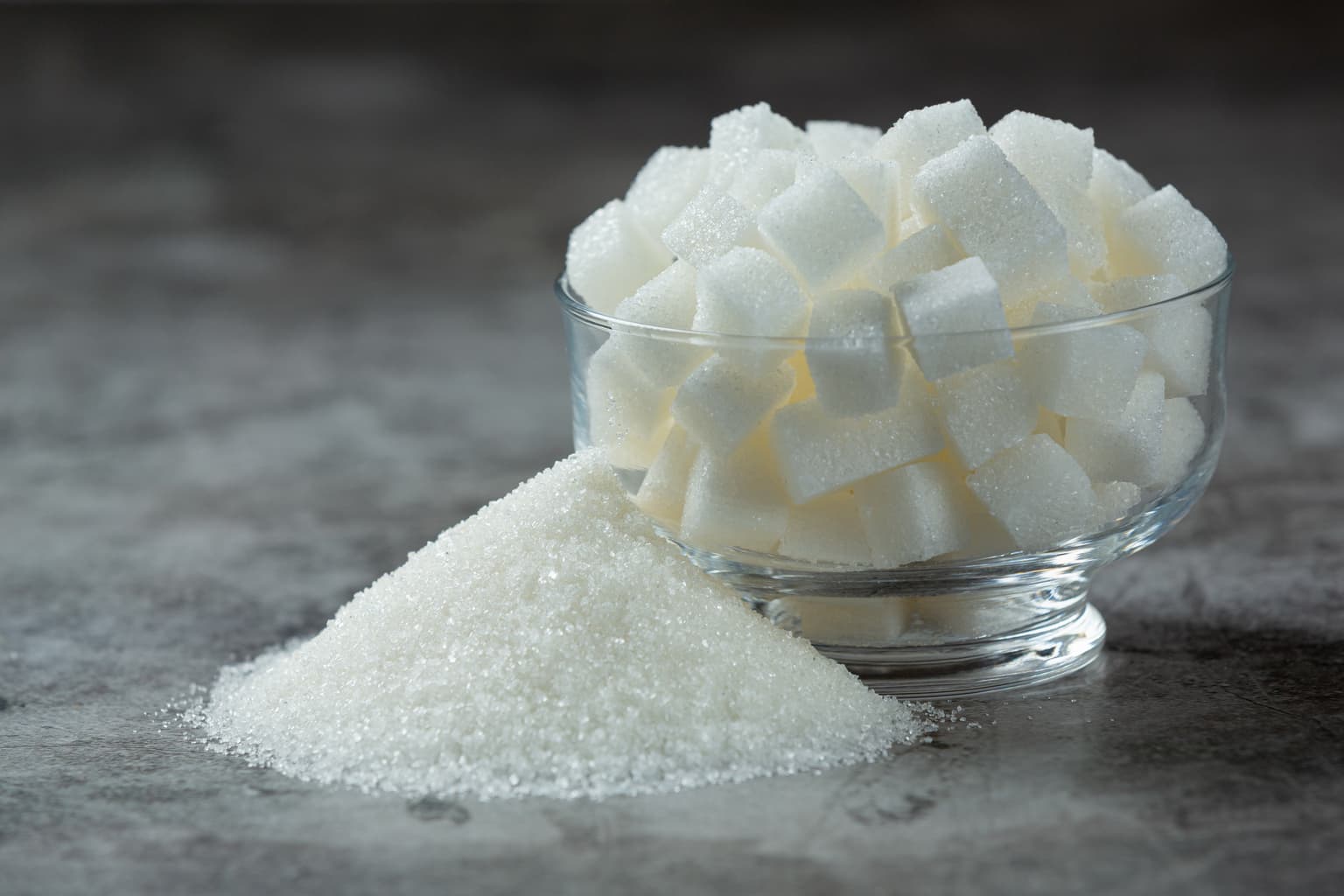Ukraine introduces price regulation for basic foodstuffs until end of pandemic

On Jan. 12, the Cabinet of Ministers announced it would manually regulate prices for a number of essential food items amid record inflation in the past three years.
The list includes sugar, wheat flour, buckwheat, pasta, milk, butter, chicken eggs, and poultry.
Government officials have set a maximum permitted trade margin of 10% between prices charged by retail grocery stores and wholesale rates.
High inflation in 2021 was fuelled by the economic crisis caused by the Covid-19 pandemic. Therefore, price controls will remain in force until the number of Covid-19 cases in the country drops sharply and the adaptive quarantine regime, which has been in place since March 2020, ends.
In mid-December, the government extended the quarantine restrictions until March 31.
This is the second time in the last month that the state has introduced price regulation. On Dec. 30, the Cabinet of Ministers did so for bread.
According to the State Statistics Service, prices for the products now under regulation rose at least 9% since November.
The worst situation was with sugar prices, which have doubled in the last year due to high gas costs and growing demand on world markets. It is now difficult to find a one-kilogram pack of sugar on shelves in Ukrainian supermarkets for less than $1.
According to Dmytro Solomchuk, a lawmaker with the ruling Servant of the People party, the retail price for buckwheat, a staple food for many Ukrainians, increased by 50-70% to $2.6 per kilogram, while wholesale prices did not go up much, remaining around $1.5 per kilogram.
“Our country is agricultural. It’s not right to speculate on socially important products,” Solomchuk said on Jan. 10.
At the same time, industry experts have serious doubts about the effectiveness of the new price controls.
According to Andriy Yarmak, investment officer at the Food and Agriculture Organization of the United Nations, such measures might have “either zero impact, or a negative impact on the market.”
“Often (it) pushes market prices higher up than they would have been otherwise,” Yarmak told the Kyiv Independent.
He believes that the new limits will make it less attractive for both producers and retailers to supply products.
As a result, in the long run this could lead to a drop in production and a reduction in tax revenues.
“What the government is doing now is shooting itself in the foot,” Yarmak said.










